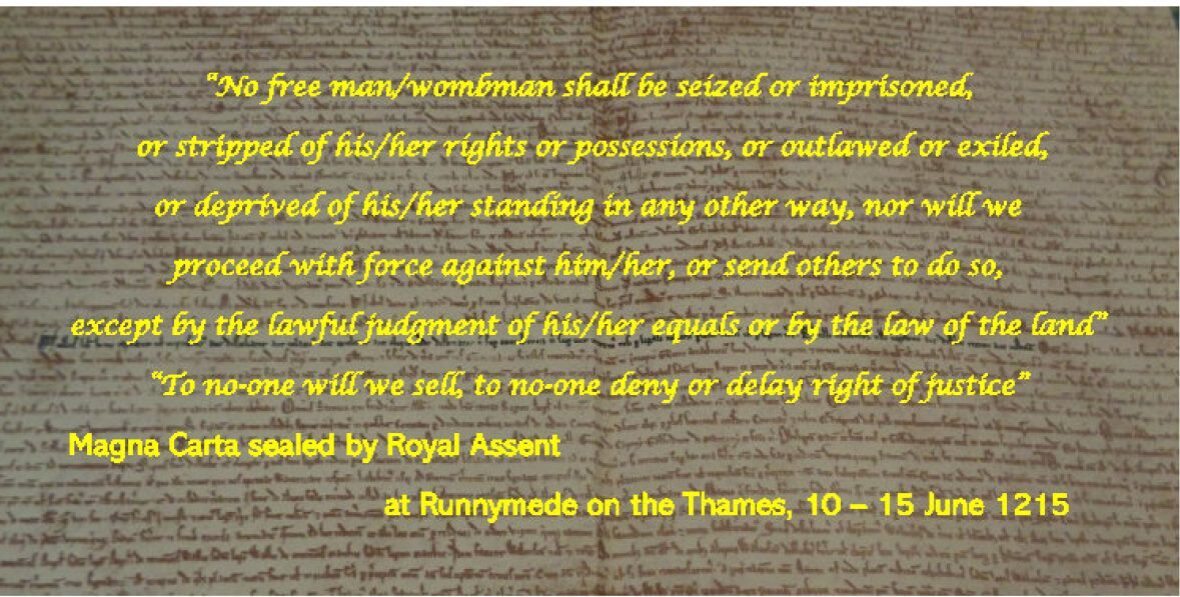This article was published by UK Crown agents to clarify the LEGAL status of those men and women who, in both the land of England and the Principality of Wales, are STILL prepared to support the REGime which is selling the nation out to their WEF and WHO puppet masters.
For clarity, we, the people in the Republic of England, need to know the identity of the 78 men and women who are currently controlling these FORCES within our land. This will involve some work to keep the list up-to-date in terms of both personnel and snail-mail addresses.
It will become ever more important for each of us to know the CEO for our individual area. Please do your own research to find the location addresses – and send this data back to us at the email address at the foot of Page 3 of this document, so that we can build a database going forward.
‘Except in Greater London, each territorial police force covers one or more of the local government areas (counties) established in the 1974 local government reorganisation (although with subsequent modifications), in an area known in statute as a police area. These forces provide most of the policing services to the public of England and Wales. These forces have been known historically as “Home Office police forces” due to the central government department, the Home Office, being responsible for and providing most of the funding for these police forces.
Despite the implication of the term, all police forces are independent (corporations), with operational control resting solely with the chief officer [CEO] of each force (the Chief Constable or with regard to the Metropolitan Police and City of London Police forces, their respective Commissioners); each force was overseen by a Police authority until these were replaced by Police and Crime Commissioners in 2012.
The Police Act 1996 is the most recent piece of legislation, which outlines the areas of responsibility for the 43 territorial forces of England and Wales (found in Schedule 1 of the Act).
Constable is the entry-level rank in the police service, but all officers, whatever their rank, are “constables” in terms of legal powers and jurisdiction. Police officers in territorial police forces in England and Wales derive their jurisdiction from Section 30 of the Police Act 1996. This section outlines that such officers have jurisdiction throughout England and Wales and also in the adjacent United Kingdom waters.
Special Constables, who are part-time, volunteer officers of these forces, used to have a more limited jurisdiction – limited solely to their own force areas and adjacent forces. Since 1 April 2007, however Special Constables of England & Wales (who do NOT have to take an oath) have (assumed) full police powers throughout those two countries.
This means that, in contrast to most countries, all UK volunteer police officers now have exactly the same powers as their full-time colleagues. There are a number of situations in which the jurisdiction of a constable extends to one of the other countries, and constables of one jurisdiction do have reciprocal powers of arrest in each other’s jurisdictions as a matter of course – see the main article for details.
Police forces in England
- Avon and Somerset Police
- Bedfordshire Police
- Cambridgeshire Constabulary
- Cheshire Constabulary[1]
- City of London Police (not shown)
- Cleveland Police
- Cumbria Constabulary
- Derbyshire Constabulary
- Devon and Cornwall Police
- Dorset Police
- Durham Constabulary
- Essex Police
- Gloucestershire Constabulary
- Greater Manchester Police
- Hampshire Constabulary
- Hertfordshire Constabulary
- Humberside Police
- Kent Police
- Lancashire Constabulary[1]
- Leicestershire Police
- Lincolnshire Police
- Merseyside Police[1]
- Metropolitan Police Service
- Norfolk Constabulary
- Northamptonshire Police
- Northumbria Police
- North Yorkshire Police
- Nottinghamshire Police
- South Yorkshire Police
- Staffordshire Police[2]
- Suffolk Constabulary
- Surrey Police
- Sussex Police
- Thames Valley Police
- Warwickshire Police
- West Mercia Police[2]
- West Midlands Police[2]
- West Yorkshire Police
- Wiltshire Police
As of September 2020, the police forces in England had:[3]
Wales
Police forces in Wales
- Dyfed-Powys Police (Heddlu Dyfed Powys)
- Gwent Police (Heddlu Gwent)
- North Wales Police (Heddlu Gogledd Cymru)
- South Wales Police (Heddlu De Cymru)
As of September 2020, the police forces in Wales have:[3]
Collaborative units
- South East Counter Terrorism Unit
- Thames Valley & Hampshire Joint Operations Unit
- Surrey Police & Sussex Police Tactical Firearms, Operations Command and Roads Policing Unit
- South West Counter Terrorism Unit
- Dorset Police and Devon & Cornwall Police Strategic Alliance Unit
- East Counter Terrorism Intelligence Unit
- Norfolk & Suffolk Roads Policing Unit
- Bedfordshire, Cambridgeshire & Hertfordshire Road Policing Unit
- Bedfordshire, Cambridgeshire & Hertfordshire Major Crime Unit
- East Midlands Counter Terrorism Intelligence Unit
- West Midlands Police Counter Terrorism Unit
- Warwickshire Police and West Mercia Police Specialist Operations Unit
- North West Counter Terrorism Unit
- Cheshire Police & North Wales Police Alliance Armed Policing Unit
- North East Counter Terrorism Unit
- Durham and Cleveland Specialist Operations Unit
- Welsh Extremism and Counter Terrorism Unit
- Gwent Police & South Wales Police Joint Armed Response Unit
Please send your information to – info@livingstones.uk – thank you
As usual, we attach a pdf copy for sharing among those who are not so hot on the keyboards:
